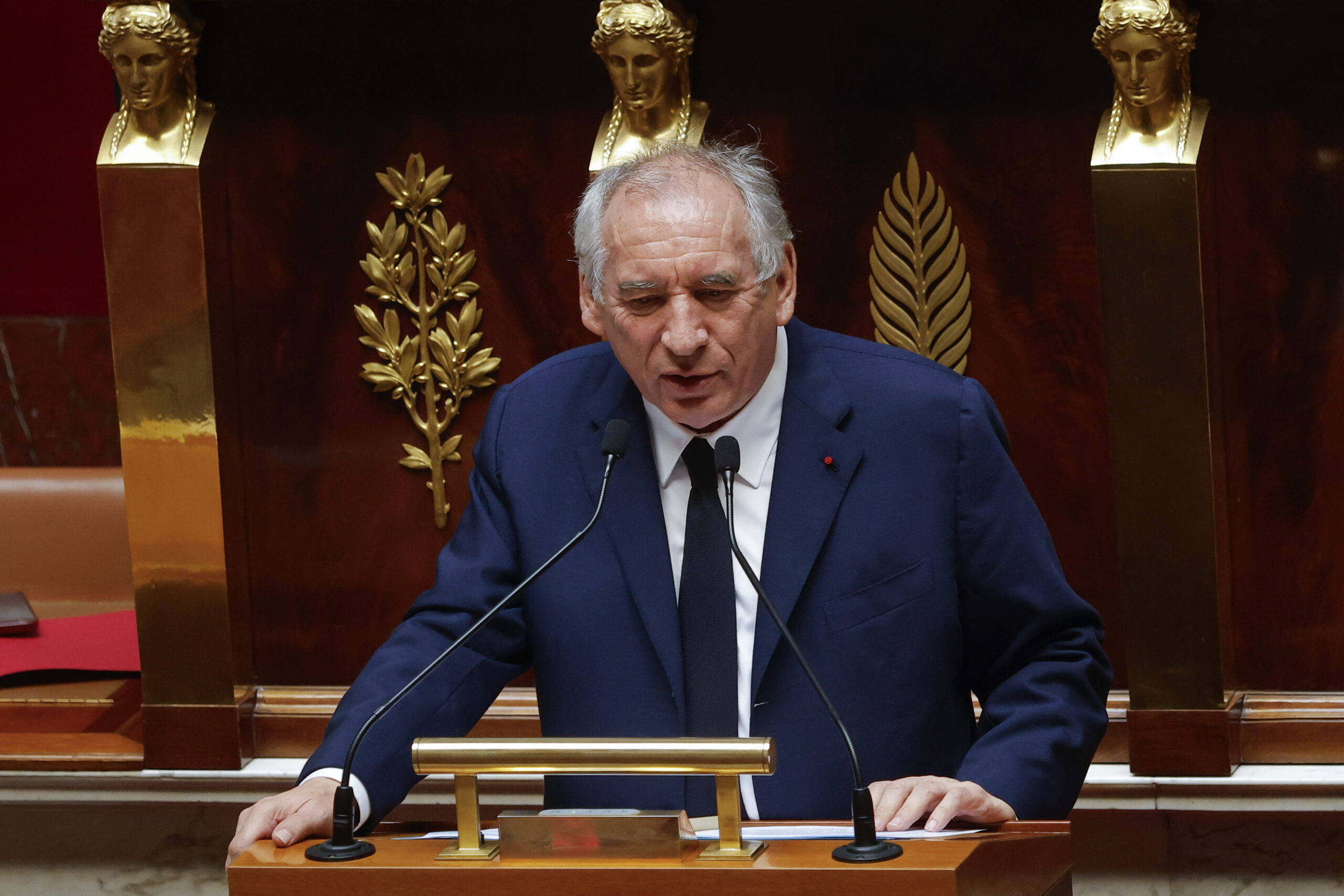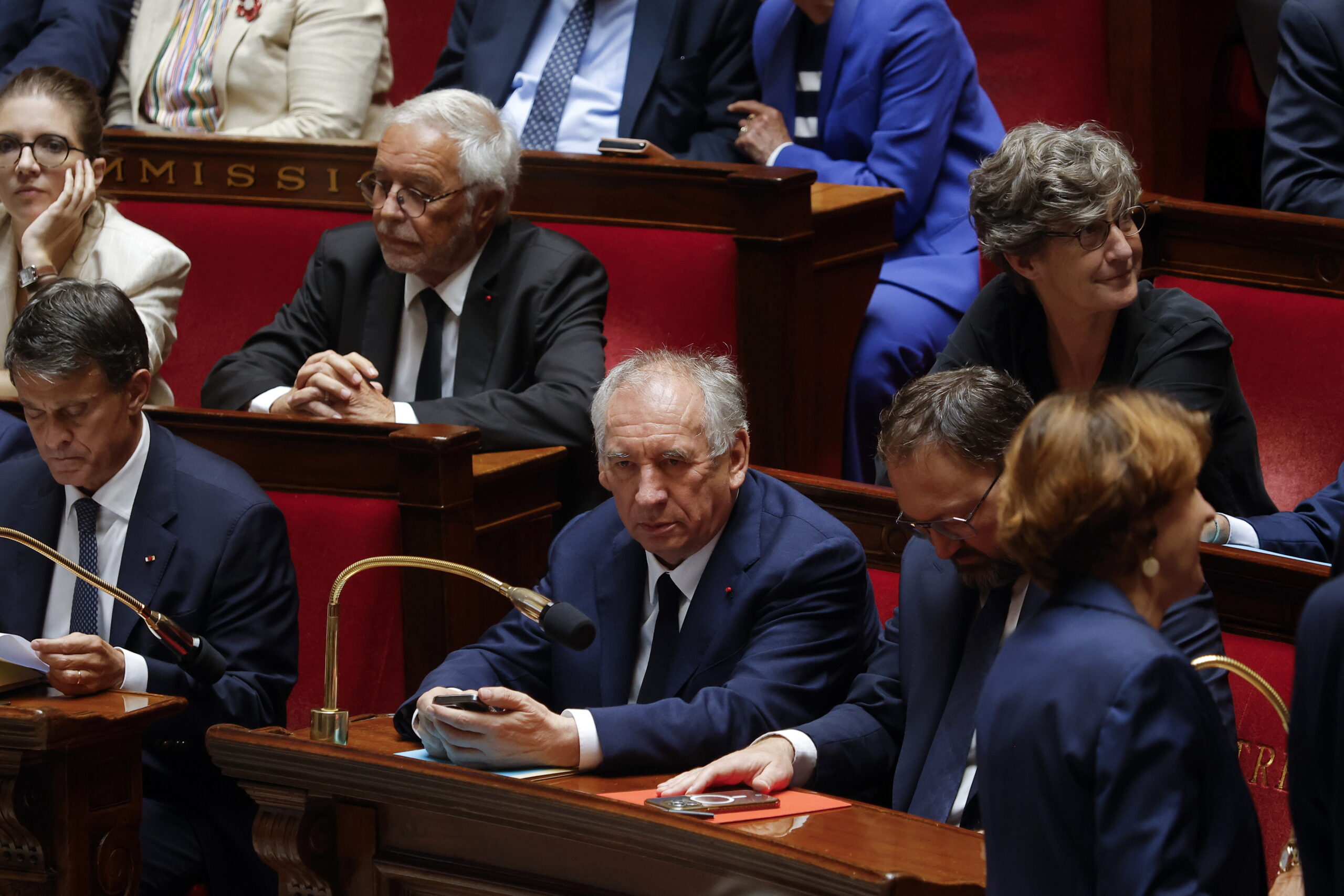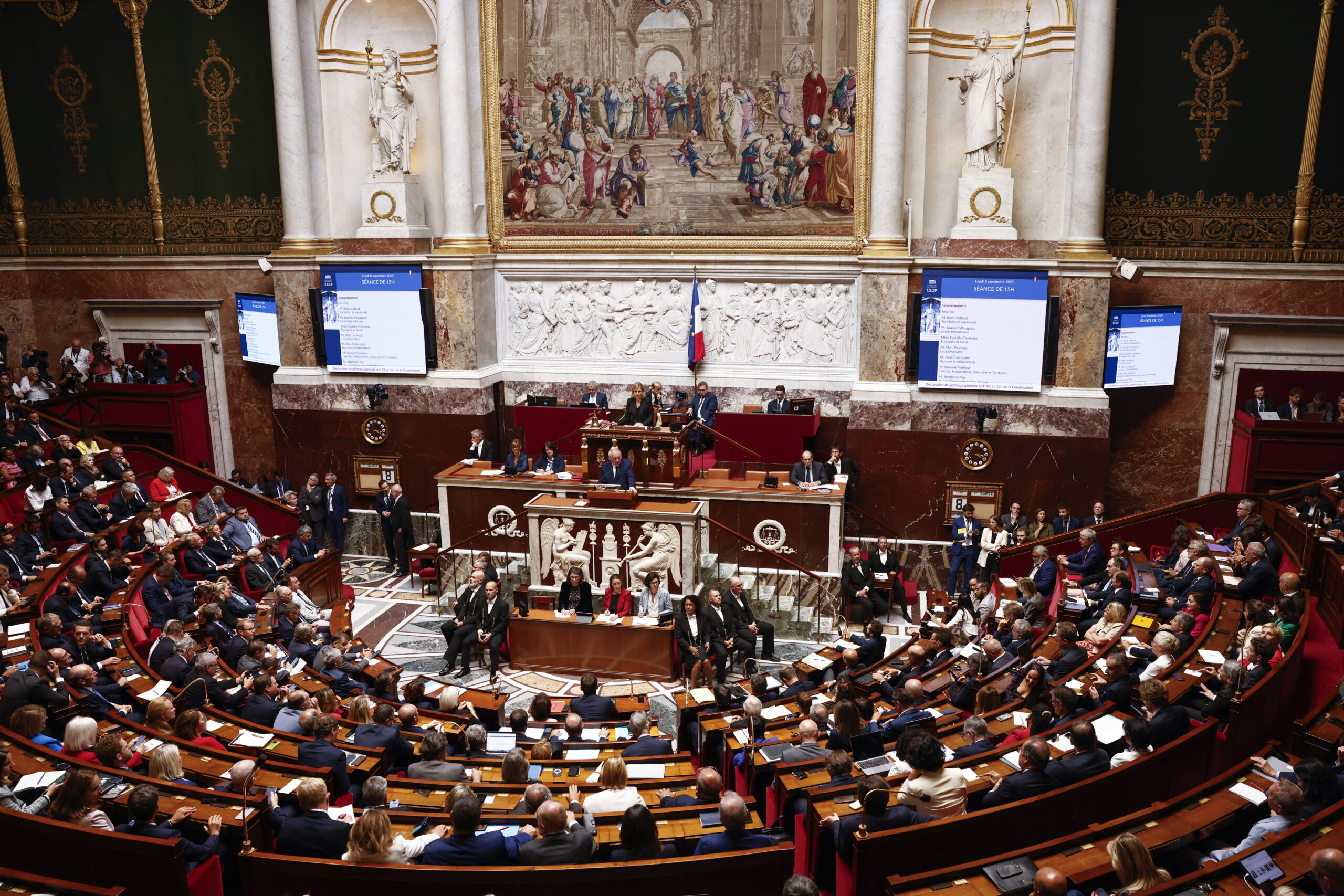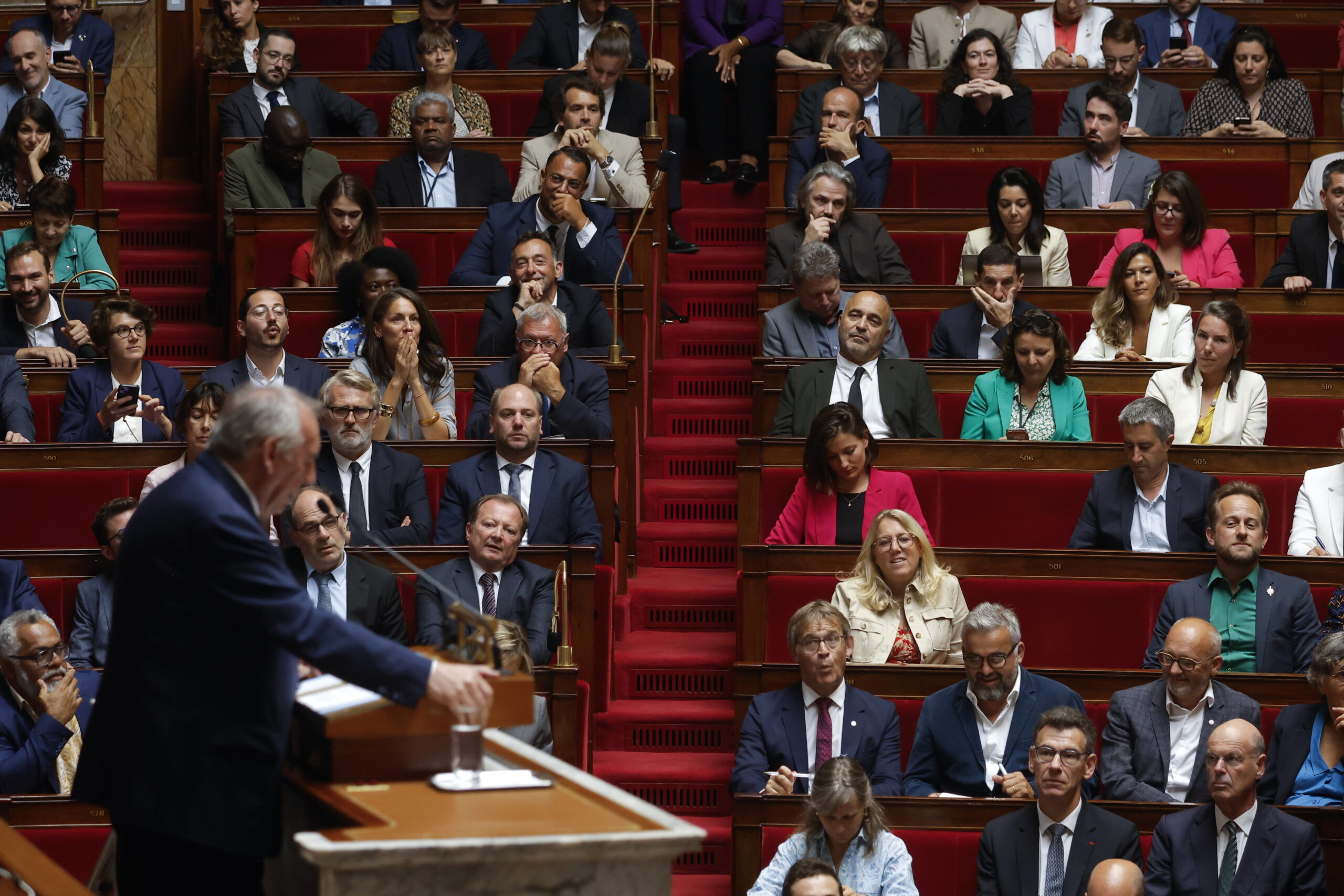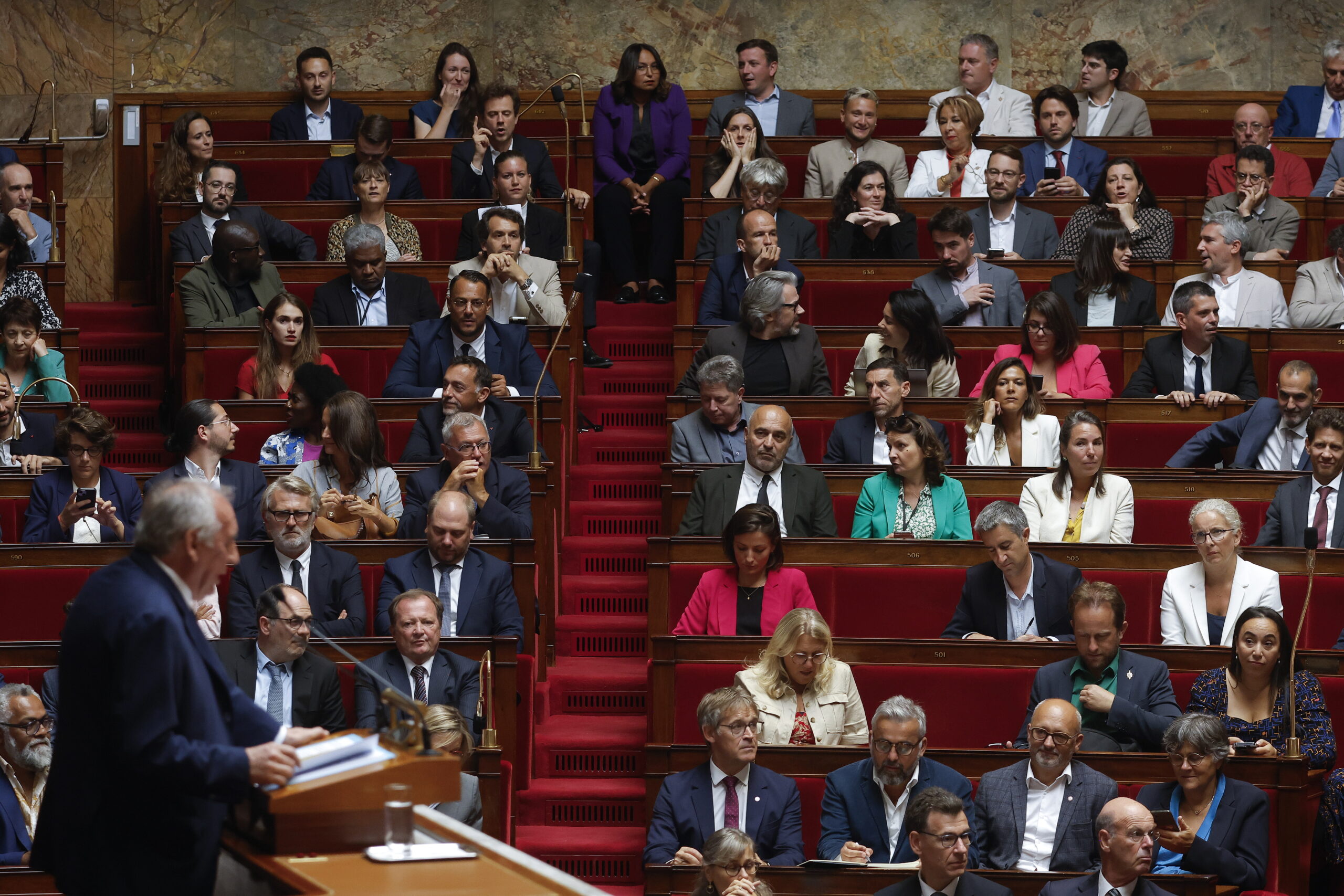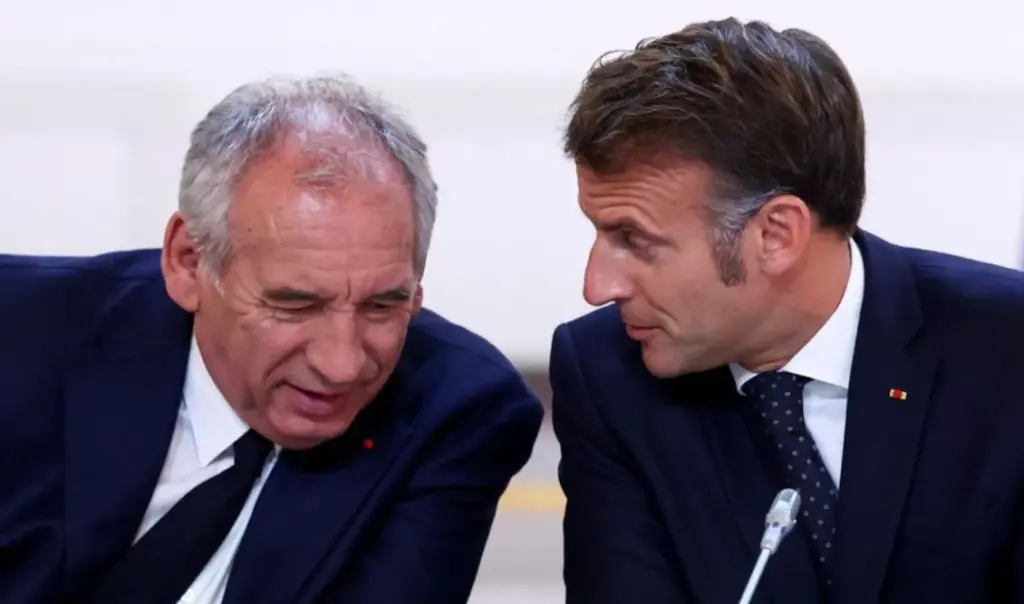The Elysée has been fundamentally shaken by the escalation of opposition to yet another choice by Emmanuel Macron, with François Bayrou falling from the prime ministerial throne, as the negative result – for him – of September 8th officially ends one of the shortest tenures in France’s history. Just minutes after 8:00 PM on the cloudy Monday evening (local time) for France’s political scene, media outlets began writing about a deep crisis in France reminiscent of World War II times. The upheaval is not limited to personalities alone, but echoes an unusual social turmoil, concealing feelings of indignation that have not been fully released, while the ramifications of political uncertainty are expected to trigger a domino effect of economic consequences, from French bond yields and stock market crashes to the composition of a problematic debt crisis scenario in France. “Napoleon’s country” is sinking, with a large and dense cloud overshadowing France’s once bright landmarks, betraying a generalized climate of instability. The question is how much longer Emmanuel Macron will be able to balance on a tightrope, who are the potential successors to Bayrou, and how the markets and European politics will be affected, at a time when Le Pen’s party sees its poll numbers rising.
The result of September 8th after the completion of the crucial five-hour session, during which Marine Le Pen demanded Macron’s resignation, was more or less expected, but this element does not diminish the intensity of the political drama. The majority of deputies did not give the “passport” for the Bayrou government’s survival, or more simply, the French prime minister lost the confidence vote he had held for approximately nine months, with 364 deputies voting against him. Only 194 deputies supported him, but the “yes” votes matter little since by Tuesday afternoon Bayrou will have officially resigned after first meeting with Emmanuel Macron. And then begins the ordeal for the French president.
France political crisis: Macron’s ordeal
The coming days, starting from September 10th, when French streets will be paralyzed due to extensive demonstrations reminiscent of the early days of the “yellow vest” mobilizations in 2018, are expected to constitute a difficult trial for Macron. He already faces significant disapproval due to his attempt to reduce spending and present a viable budget plan.
It should be noted that France is already facing high debt, which amounts to 3.4 trillion euros, while the 2026 budget proposal included the elimination of two national holidays and the freezing of social benefits and pensions, aiming to save 44 billion euros.
The need for fiscal restraint comes at a time when Macron promises additional defense funding and opposition parties from both left and far-right demand the abolition of the latest pension system reform, which raised the retirement age to 64.
Some now speculate that Macron will turn to a left-wing prime minister, having failed with conservative Barnier and centrist Bayrou.
The debt crisis and options Macron is considering
Macron’s office announced that he will proceed “in the coming days” with appointing the country’s fifth prime minister in less than two years, however doubts are raised about whether he will be able to implement the tens of billions of euros in budget cuts required to save the EU’s second-largest economy from a ballooning debt crisis.
Macron now finds himself at the center of public criticism, ahead of a national strike on September 10th and major demonstrations scheduled by unions for September 18th. The French president’s popularity has fallen to historic lows, with polls showing he is more unpopular today than at the height of the Yellow Vest demonstrations in 2018 and 2019, one of the most serious crises of his tenure.
Macron continues, however, to insist on an agreement with the moderate left, centrists and the conservative Les Républicains party to create a minority government that will finally be able to reach a budget agreement.
As everything indicates, Macron will initially turn to someone close from his own camp, with Defense Minister Sébastien Lecornu, Labor Minister Catherine Vautrin and Finance Minister Éric Lombard considered candidates in the succession race. All this while the upheaval is reflected in European markets and the EU faces a series of geopolitical challenges and is called upon to demonstrate cohesion in the face of decision-making needs amid ongoing wars.
Images from Monday’s confidence vote proceedings
